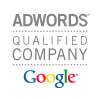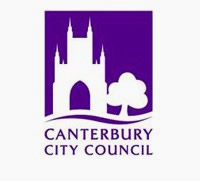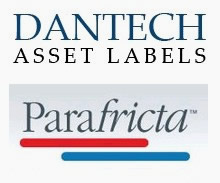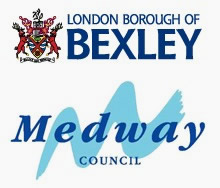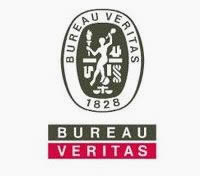Measuring ROI from PPC campaigns
15/03/2009
PPC is a fantastic advertising medium offering a measurable advertising medium with a fast response time. This is certainly true for ecommerce websites where the sales process is fast. But what about high value products with a longer conversion time or business websites for which lead generation is important and the sale may be many months away?
Cornish WebServices have a percentage of PPC clients who either advertise to business (so lead generation is important) or the product is more complex and the final sale occurs later. It is possible to still get accurate PPC measurements and feedback in these cases, but more sophisticated tracking and systems are required.
Sales which occur after several visits to a website.
For higher value products, people will often visit a website several times before making the final sale. The simple AdWords conversion code will only track the last visit as being responsible for making the sale, and this will place too much importance on the keywords used at the end of the process (often the website name). It ignores the most important keywords which initially got the website visitor to the website.
But this need not be a problem. It is possible to track all clicks and give a different weighting to those responsible for each part in the sales generation process. This works very well indeed for many ecommerce websites, where someone may research a product on several evenings one month before finally purchasing it.
There are drawbacks – this only works for visitors on the same computer (cookies are used), but for most ecommerce sites this is not a significant issue.
The same is not true for business leads or certain products such as healthcare.
ROI from business leads
Cornish WebServices have been supplying search marketing services to some business for over five years and have analysed the visitor behaviour over this time. It is surprising how many of the final good business leads started out as initial enquiries from a different computer. This means that conventional tracking using cookies just does not work, and means that many of the bid optimisation ‘tools’ available as software packages are missing out on the initial enquiry information.
But this need not be a problem for information rich websites, and Cornish WebServices have worked with several organisations where we can optimise from initial contact through to final useful business lead or even sale. Often this sale occurs between one month and two years later.
Contacts from different staff or family members? Again this can all be considered using data mining and rules based systems, and using this information can have a major influence on which keywords are considered the best. Two examples illustrate this.
In business to business sales, matching email address, company name, and postcode can link initial enquiries about a product by a senior manager (from home laptop) through to further information downloads by office staff or secretary through to useful enquiry form from middle manager and decision maker. Conventional PPC analysis will only optimise the PPC campaign for the last person in the sales chain. Clever PPC optimisation will give weighting to keywords triggering the initial enquiry.
In a healthcare business, matching of surname and postcode enables linking of initial enquires from one family member eventually to a sales call by a different family member, often with at least 3 different computers involved in the process from initial enquiry through to sale. Conventional PPC bid management will only consider the last visit to the website as being 100% responsible for the sale, but better results can be obtained when considering the impact of the initial enquiries.
So sophisticated optimisation of PPC advertising consider all clicks which contribute to the final sale. This can be extended to include measuring impact of SEO and email marketing and other forms of advertising as well. It is possible to use these techniques even when the subsequent contacts are made through different computers.

